Best movies & TV Shows like The Dick Powell Show
A unique, carefully handpicked, selection of the best movies like The Dick Powell Show Starring Dick Powell, and more. If you liked The Dick Powell Show then you may also like: Variety Girl, What a Way to Go!, Won Ton Ton: The Dog Who Saved Hollywood, Ocean's Eleven, Cannonball Run II and many more popular movies featured on this list. You can further filter the list even more or get a random selection from the list of similar movies, to make your selection even easier.
The Dick Powell Show is an American anthology series that ran on NBC from 1961- 1963, primarily sponsored by the Reynolds Metals Company. It was hosted by longtime film star Dick Powell until his death from lymphatic cancer on January 2, 1963, then by a series of guest hosts until the series ended. The first of these was Gregory Peck, who began the January 8 program with a tribute to Powell, recognizing him as "a great and good friend to our industry." Peck was followed by fellow actors such as Robert Mitchum, Frank Sinatra, Glenn Ford, Charles Boyer, Jackie Cooper, Rock Hudson, Milton Berle, Jack Lemmon, Dean Martin, Robert Taylor, Steve McQueen, David Niven, Danny Thomas, Robert Wagner and John Wayne.
You may filter the list of movies on this page for a more refined, personalized selection of movies.
Still not sure what to watch click the recommend buttun below to get a movie recommendation selected from all the movies on this list
What a Way to Go!
A four-time widow discusses her four marriages, in which all of her husbands became incredibly rich and died prematurely because of their drive to be rich.
Won Ton Ton: The Dog Who Saved Hollywood
A would-be filmmaker and actress shake up the industry with a trick dog who gets discovered by a studio bus driver in the 1920s.
Ocean's Eleven
Danny Ocean and his gang attempt to rob the five biggest casinos in Las Vegas in one night.
Cannonball Run II
When a wealthy sheikh puts up $1 million in prize money for a cross-country car race, there is one person crazy enough to hit the road hard with wheels spinning fast. Legendary driver J.J. McClure enters the competition along with his friend Victor and together they set off across the American landscape in a madcap action-adventure destined to test their wits and automobile skills.
Mister Roberts
Mr. Roberts is as an officer who's yearning for battle but is stuck in the backwaters of World War II on a non-commissioned Navy ship run by the bullying Captain Morton.
Pepe
Mario "Cantinflas" Moreno is a hired hand, Pepe, employed on a ranch. A boozing Hollywood director buys a white stallion that belongs to Pepe's boss. Pepe, determined to get the horse back (as he considers it his family), decides to take off to Hollywood. There he meets film stars including Jimmy Durante, Frank Sinatra, Zsa Zsa Gabór, Bing Crosby, Maurice Chevalier and Jack Lemmon in drag as Daphne from Some Like It Hot. He is also surprised by things that were new in America at the time, such as automatic swinging doors. When he finally reaches the man who bought the horse, he is led to believe there is no hope of getting it back. However, the last scene shows both him and the stallion back at the ranch with several foals.
O. Henry's Full House
Five O. Henry stories, each separate. The primary one from the critic's acclaim was "The Cop and the Anthem". Soapy tells fellow bum Horace that he is going to get arrested so he can spend the winter in a nice jail cell. He fails. He can't even accost a woman; she turns out to be a streetwalker. The other stories are "The Clarion Call", "The Last Leaf", "The Ransom of Red Chief", and "The Gift of the Magi".
Flesh and Fantasy
Anthology film of three tales of the supernatural. The first story is set at the Mardi Gras in New Orleans. The second involves a psychic who predicts murder. The third is about a man who literally meets the girl of his dreams.
The List of Adrian Messenger
Adrian Messenger, a famous writer, asks his friend Anthony Gethryn, a former British agent, to help him investigate the whereabouts of the people who appear on a list, without asking him the reason why he should do so.
It's a Big Country
Comprised of eight unrelated episodes of inconsistent quality, this anthology piece of American propaganda features some of MGM Studios' best directors, screenwriters and actors; it is narrated by Louis Calhern. Stories are framed by the lecture of a university professor. In one tale a Boston resident becomes angry when the census forgets to record her presence. Another sketch chronicles the achievements of African Americans while still another pays tongue-in-cheek tribute to Texas.
Dean Martin: King of Cool
Dean Martin had a laid-back charm that made him successful in everything from big-screen comedies to television variety shows to live acts in Las Vegas. Filmmaker Tom Donahue explores Martin’s varied career, including his complicated relationships with Jerry Lewis, Frank Sinatra, Sammy Davis Jr, and others. We hear from admirers such as critic Gerald Early, actor Jon Hamm, and Hip-Hop artist RZA who testify to Martin’s enduring mystique.
Hollywood Out-takes and Rare Footage
Out-takes (mostly from Warner Bros.), promotional shorts, movie premieres, public service pleas, wardrobe tests, documentary material, and archival footage make up this star-studded voyeuristic look at the Golden age of Hollywood during the 30s, 40, and 50.
The Spencer Tracy Legacy: A Tribute by Katharine Hepburn
In this tribute to her frequent co-star and longtime love, Katharine Hepburn hosts a behind-the-scenes look at Spencer Tracy's personal and professional life that features intimate personal accounts, interviews and clips from his most acclaimed work on the silver screen.
Robert Mitchum: The Reluctant Star
A retrospective on the career of Robert Mitchum through interviews with friends and co-workers, scenes from his films, and the actor himself.
James Dean Remembered
Peter Lawford hosts this documentary taking a look at the life and films of James Dean.
Elizabeth Taylor: An Intimate Portrait
Vintage 1975 documentary about the life of movie queen Elizabeth Taylor hosted by Peter Lawford, and featuring appearances by actors Roddy McDowall and Rock Hudson, directors Richard Brooks and Vincente Minnelli, Elizabeth's mother Sara Taylor, costumer Helen Rose, and producer Sam Marx.
And the Oscar Goes To...
The story of the gold-plated statuette that became the film industry's most coveted prize, AND THE OSCAR GOES TO... traces the history of the Academy itself, which began in 1927 when Louis B. Mayer, then head of MGM, led other prominent members of the industry in forming this professional honorary organization. Two years later the Academy began bestowing awards, which were nicknamed "Oscar," and quickly came to represent the pinnacle of cinematic achievement.
Showbiz Goes to War
While a few Hollywood celebrities such as James Stewart and Clark Gable saw combat during World War II, the majority used their talents to rally the American public through bond sales, morale-boosting USO tours, patriotic war dramas and escapist film fare. Comedian David Steinberg plays host for this star-studded, 90-minute documentary, which looks at the way Tinseltown helped the United States' war effort.
Jack Lemmon: America's Everyman
Jack Lemmon made over sixty films and received numerous awards, including eight Academy Award Nominations and two Oscars. Later in life, his achievement was enriched by new challenges in which he exposed the vulnerability and emotion of the later years as few had dared. He reveled in his ongoing screen partnerships with directors like Billy Wilder and stars like Walter Matthau. Narrated on-camera by Jack Lemmon, this documentary includes interviews with Lemmon's son, the actor Chris Lemmon. Also appearing are such legends as Jack's life-long friend, the writer and director Billy Wilder, writer-director Garson Kanin, drama teacher Uta Hagen, and actor Gregory Peck. Actors Charles Durning, Maureen Stapleton, Betty Garrett, and Kevin Spacey, writer Neil Simon, director Delbert Mann, and other Hollywood luminaries help complete the profile. Clips from some of Lemmon's major films as well as archival footage add to this portrait of one of our most illustrious and productive stars
Riders of Death Valley
The Saturday matinee crowd got two cowboy stars for the price of one in this lavishly budgeted western serial starring former singing cowboy Dick Foran and Buck Jones. The latter contributed deadpan humor to the proceedings, making Jones perhaps the highest paid B-western comedy relief in history. The two heroes defend the Death Valley borax miners from an outlaw gang headed by Wolf Reade. An extraordinarily strong cast -- for a serial, at least -- supported the stars, headed by Charles Bickford as Reade, Leo Carillo, Lon Chaney, Jr., and silent screen star Monte Blue. Leading lady Jeanne Kelly later changed her name to Jean Brooks and starred in the atmospheric RKO thriller The Seventh Victim (1943). Universal claimed to have spent $1 million on this serial and made sure to get their money's worth by endlessly recycling the action footage in serials and B-westerns for years to come.
The Cherokee Strip
A singing lawyer and other homesteaders participate in the Oklahoma land rush and found the town of Big Rock, but the fast-growing frontier settlement quickly becomes embroiled in political and business corruption. Director Noel Smith's 1937 western stars Dick Foran, Jane Bryan, Tommy Bupp, Ed Cobb, Frank Faylen, Tom Brower and Milton Kibbee.
Alfred Hitchcock Presents
A television anthology series hosted by Alfred Hitchcock featuring dramas, thrillers, and mysteries.
The Barbara Stanwyck Show
The Barbara Stanwyck Show is an American anthology drama television series which ran on NBC from September 1960 to September 1961. Barbara Stanwyck served as hostess, and starred in all but four of the half-hour productions. The four she did not star in were actually pilot episodes of potential series programs which never materialized. Stanwyck won the Emmy Award in 1961 for Outstanding Performance by an Actress in a Series. Three of the shows in which Stanwyck starred were an attempt at spinning off a dramatic series of her own, in which she appeared as "Josephine Little", an American woman running an import-export shop in Hong Kong. The series, produced at Desilu Studios, was directed by Stuart Rosenberg. The Barbara Stanwyck Show lasted one season. It aired at 10 p.m. Eastern on Mondays opposite Jackie Cooper's military sitcom Hennesey on CBS and the second half of Gardner McKay's Adventures in Paradise on ABC.
Bob Hope Presents the Chrysler Theatre
Bob Hope Presents the Chrysler Theatre is an American anthology series, sponsored by Chrysler Corporation, which ran on NBC from 1963 through 1967. The show was hosted by Bob Hope, but it had a variety of formats, including musical, dramatic, and comedy.
General Electric Theater
General Electric Theater is an American anthology series hosted by Ronald Reagan that was broadcast on CBS radio and television. The series was sponsored by General Electric's Department of Public Relations.
Letter to Loretta
Letter to Loretta is an American anthology drama series telecast on NBC from September 1953 to June 1961 for a total of 165 episodes. The filmed show was hosted by Loretta Young who also played the lead in various episodes. Letter to Loretta was sponsored by Procter & Gamble from 1953 through 1960. The final season's sponsor was Warner-Lambert's Listerine.
Meet the Press
Meet the Press is a weekly American television news/interview program airing on NBC. It is the longest-running television series in American broadcasting history, despite bearing little resemblance to the original format of the program seen in its television debut on November 6, 1947. Meet the Press is the highest-rated of the American television Sunday morning talk shows. It has been hosted by 11 moderators, beginning with Martha Rountree. The current host is David Gregory, who assumed the role in December 2008. The show began using a new set on May 2, 2010, with video screens and a library-style set with bookshelves, and different, modified intro music, with David Gregory previewing the guests using a large video screen, and with the Meet the Press theme music in a shorter "modernized [style]... the beginning repeated with drum beats". Meet the Press and similar shows specialize in interviewing national leaders on issues of politics, economics, foreign policy and other public affairs. Over the past few years, the program's usual time slot over the NBC network is between 9-10 a.m. local time in most markets, though this may vary by markets due to commitments by affiliates to religious, E/I or local news and public affairs programming. It also varies several weeks in the summer due to morning coverage of French Open tennis or the Monaco Grand Prix by NBC Sports. In earlier years, the program would air at noon every Sunday. The program also re-airs Sunday afternoons at 2 p.m. ET and early Monday mornings at 4 a.m. ET on MSNBC, along with an early Monday morning replay as part of NBC's "All Night" lineup. The program is also distributed to radio stations via syndication by Dial Global, and aired as part of C-SPAN Radio's replay of the Sunday morning talk shows.
Rowan & Martin's Laugh-In
An American sketch comedy television program hosted by comedians Dan Rowan and Dick Martin.
Wagon Train
The series initially starred veteran movie supporting actor Ward Bond as the wagon master, later replaced upon his death by John McIntire, and Robert Horton as the scout, subsequently replaced by lookalike Robert Fuller a year after Horton had decided to leave the series. The series was inspired by the 1950 film Wagon Master directed by John Ford and starring Ben Johnson, Harry Carey Jr. and Ward Bond, and harkens back to the early widescreen wagon train epic The Big Trail starring John Wayne and featuring Bond in his first major screen appearance playing a supporting role. Horton's buckskin outfit as the scout in the first season of the television series resembles Wayne's, who also played the wagon train's scout in the earlier film.
Goodyear Television Playhouse
The Goodyear Television Playhouse is an American anthology series that was telecast live on NBC from 1951 to 1957 during the "Golden Age of Television". Sponsored by Goodyear, Goodyear alternated sponsorship with Philco, and the Philco Television Playhouse was seen on alternate weeks. In 1955, the title was shortened to The Goodyear Playhouse and it aired on alternate weeks with The Alcoa Hour. The three series were essentially the same, with the only real difference being the name of the sponsor. Producer Fred Coe nurtured and encouraged a group of young, mostly unknown writers that included Robert Alan Aurthur, George Baxt, Paddy Chayefsky, Horton Foote, Howard Richardson, Tad Mosel and Gore Vidal. Notable productions included Chayefsky's Marty starring Rod Steiger, Chayefsky's The Bachelor Party, Vidal's Visit to a Small Planet, Richardson's Ark of Safety and Foote's The Trip to Bountiful. From 1957 to 1960, it became a taped, half-hour series titled Goodyear Theater, seen on Mondays at 9:30pm.
The Danny Kaye Show
The Danny Kaye Show is an American variety show hosted by Danny Kaye that aired on CBS from 1963 to 1967 on Wednesday nights. Directed by Robert Scheerer, the show premiered in black-and-white, but later switched to color broadcasts. At the time, Kaye was at the height of his popularity, having starred in a string of successful films in the 1940s and '50's, made successful personal appearances at such venues as the London Palladium, and appeared many times on television. His most recent films had been considered disappointing, but the television specials he starred in were triumphant, leading to this series. Prior to his television and film career, Kaye had made a name for himself with his own radio show, and numerous other guest appearances on other shows.
Lights Out
Lights Out was an extremely popular American old-time radio program, an early example of a network series devoted mostly to horror and the supernatural, predating Suspense and Inner Sanctum. Versions of Lights Out aired on different networks, at various times, from January 1934 to the summer of 1947 and the series eventually made the transition to television. In 1946, NBC Television brought Lights Out to TV in a series of four specials, broadcast live and produced by Fred Coe, who also contributed three of the scripts. NBC asked Cooper to write the script for the premiere, "First Person Singular", which is told entirely from the point of view of an unseen murderer who kills his obnoxious wife and winds up being executed. Variety gave this first episode a rave review ("undoubtedly one of the best dramatic shows yet seen on a television screen"), but Lights Out did not become a regular NBC-TV series until 1949.


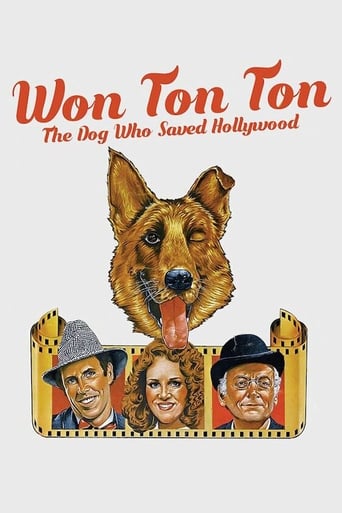
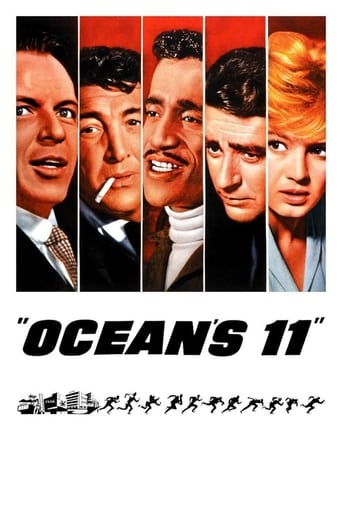
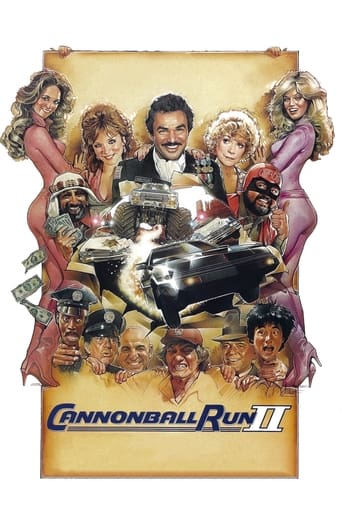
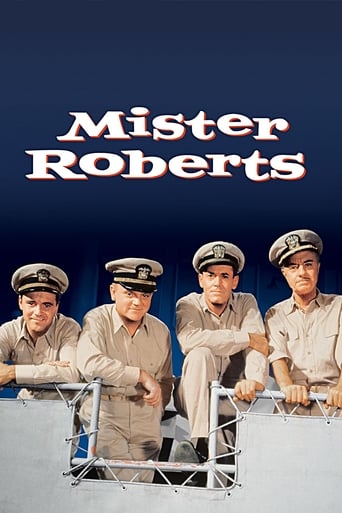
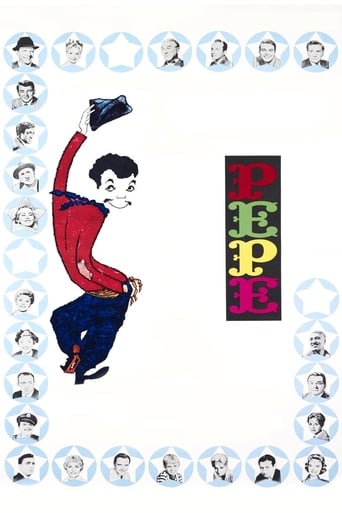


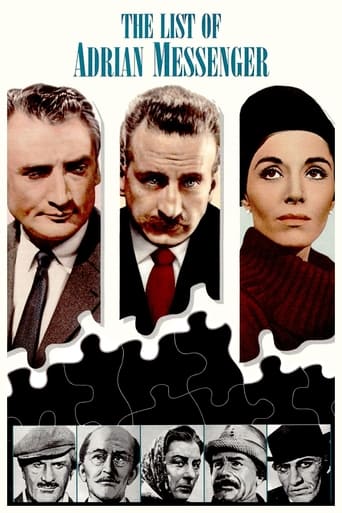
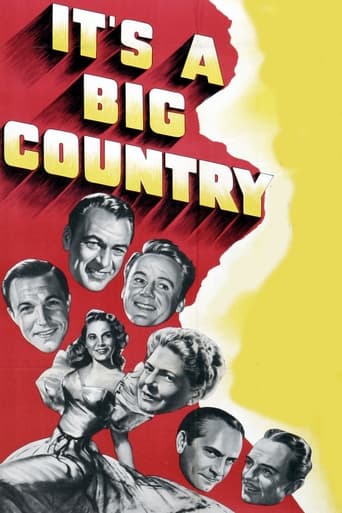
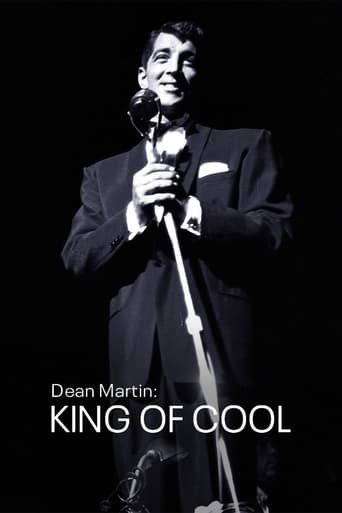
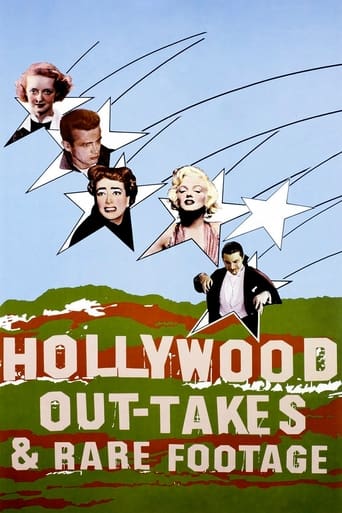
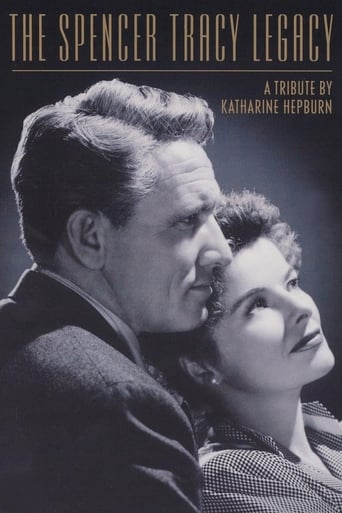
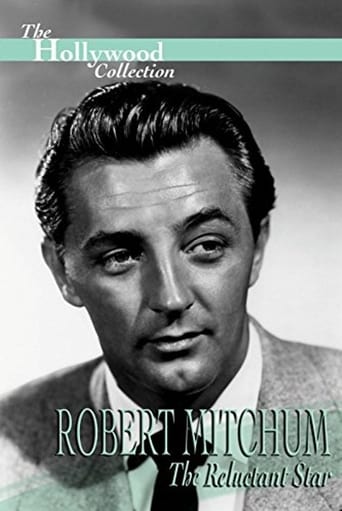

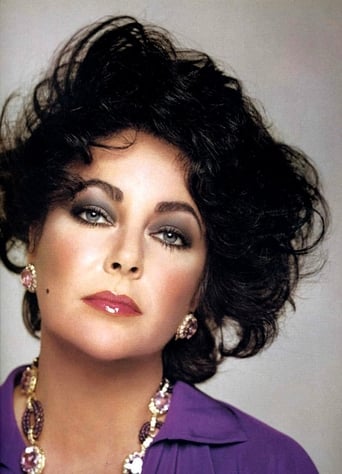
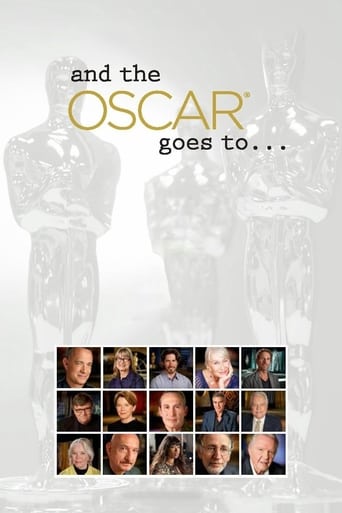


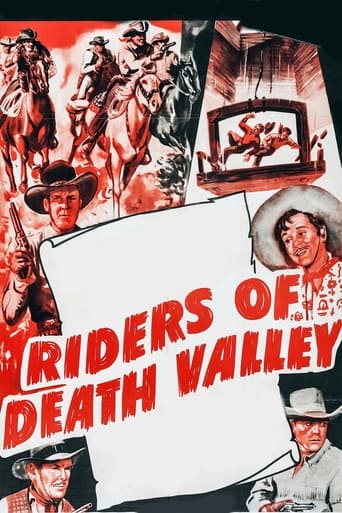
















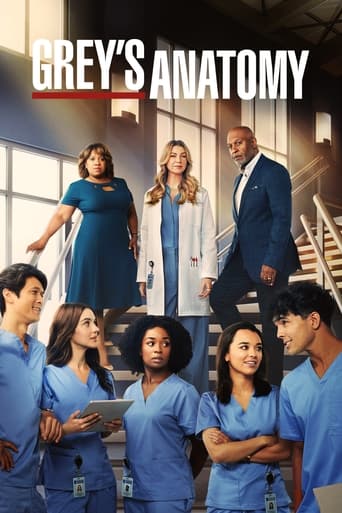
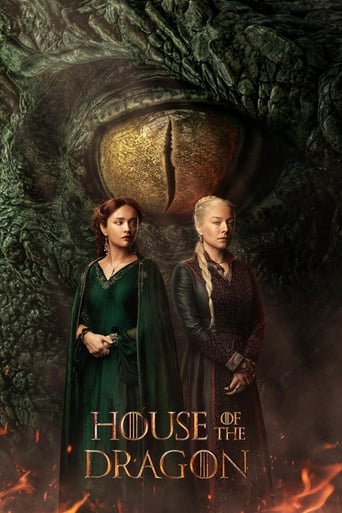
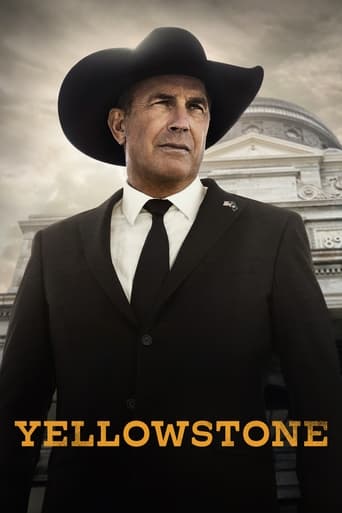




Variety Girl
Dozens of star and character-actor cameos and a message about the Variety Club (a show-business charity) are woven into a framework about two hopeful young ladies who come to Hollywood, exchange identities, and cause comic confusion (with slapstick interludes) throughout the Paramount studio.